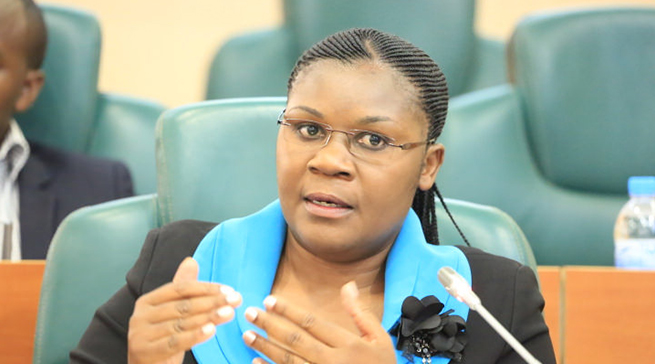In a recent parliamentary session, Judith Uwizeye, Minister in the Office of the President, introduced a proposed law aimed at restricting the operating expenses of non-governmental organizations (NGOs) in Rwanda. The proposal suggests capping these costs at 20% of the total budgets of NGOs. These expenses typically cover necessities like rent, utilities, payroll, and equipment essential for daily operations.
The proposal has sparked concerns among activists who worry that the law might not fully grasp the operational realities of NGOs, especially considering the influence of donor-driven budget allocations. The draft law insists on directing a minimal portion of budgets toward administrative costs to ensure maximum direct benefits to beneficiaries.
The initiative also targets the prevention of fraudulent activities within NGOs, which have faced accusations of misusing funds under the pretext of charitable work. To address this, the law would require NGOs to maintain records of asset usage within the country for at least ten years.
Additionally, NGOs would need to have their action plans and financial reports approved by district administrations and relevant ministries. Germaine Mukabalisa, a member of Parliament, stated that the law aims to restore public confidence by addressing NGO scandals.
However, there are concerns about the potential impact on NGOs’ independence, with critics fearing that such regulations could align them too closely with government functions. Minister Uwizeye clarified that the intention behind the law is to synchronize NGO activities with governmental and district objectives, necessitating stricter planning and financial oversight.
The draft law also suggests categorizing NGOs based on their focus areas and discusses the establishment of umbrella organizations, which would require at least ten member NGOs for recognition.
Joseph Ryarasa Nkurunziza, Chairman of the Forum of Civil Organizations of Rwanda, called for more consultation with civil bodies, particularly regarding the challenge of the proposed cap on administrative spending for research-focused NGOs. He urged for a thorough analysis and further discussions to understand the implications of the law.
During discussions, MP Frank Habineza questioned the extent of civil society consultations. Minister Uwizeye acknowledged the need for more engagement, noting that the draft law is still under review by the relevant parliamentary committee.

